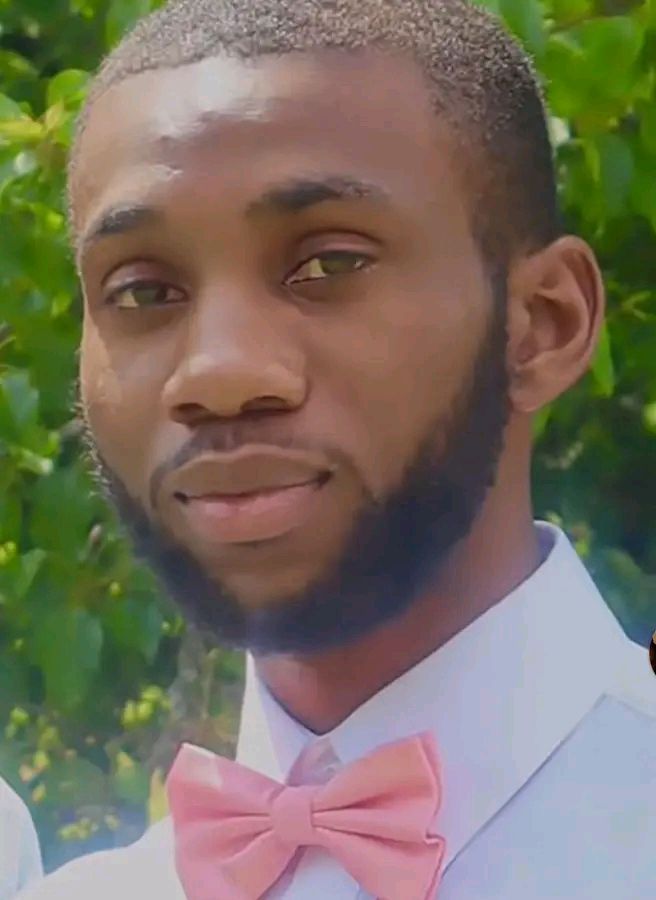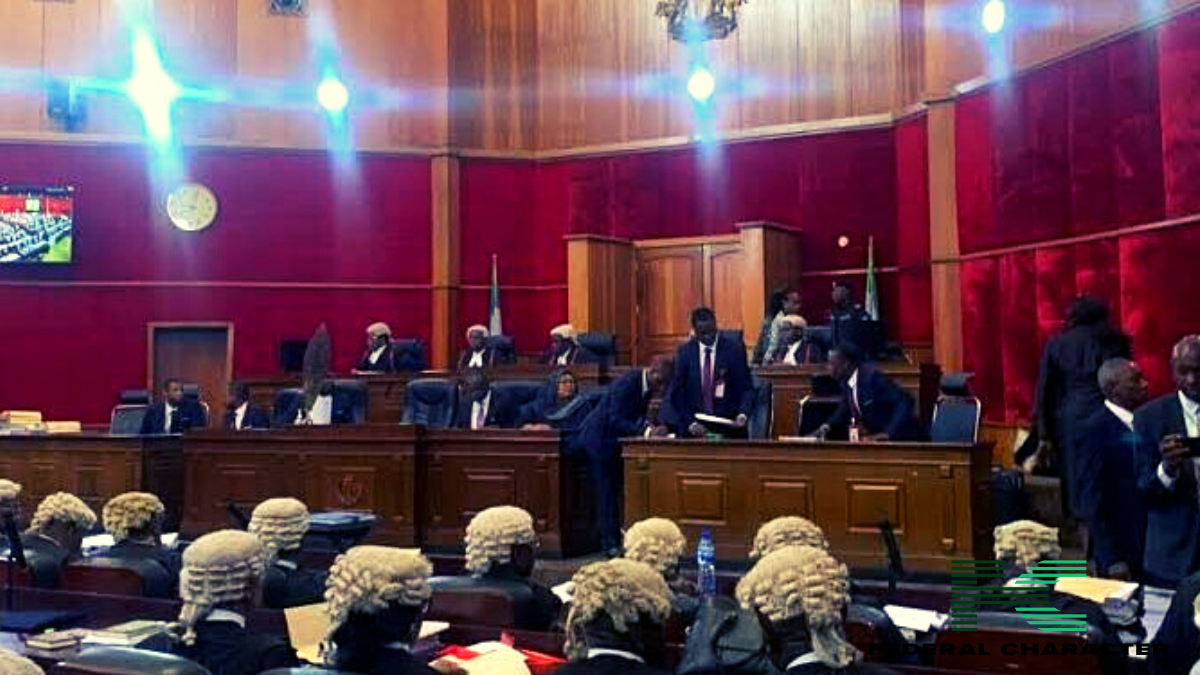The death of 21-year-old Demartravion “Trey” Reed has left more questions than answers. Found hanging from a tree on the campus of Delta State University, his case has now opened a storm of suspicion, memory, and mistrust. Officials quickly said there was no evidence of foul play. But anyone who knows Mississippi’s history knows this is never going to be that simple.
Why the Story Matters
When a young Black student is found dead on a campus tree, people do not only see one tragedy. They see a shadow that stretches back decades. Cleveland, Mississippi, where Reed died, is just 30 miles from the site of Emmett Till’s lynching—a killing that scarred America forever. That history is not something you can separate from this case, no matter how many times officials repeat the word “suicide.”
The family of Trey Reed is not buying the easy version of events. They have hired their own lawyers and are demanding an independent autopsy. Civil rights attorney Ben Crump, who has taken on some of the most high-profile racial justice cases in America, has joined the fight, saying vague explanations will not be accepted. The family says Trey was “full of life,” “joyful,” and eager about his future. To them, the official narrative feels rushed, incomplete, and far too convenient.

Confusion, Rumors, and Silence
Almost immediately after Reed’s death, rumors spread online. Some claimed his body showed signs of broken bones and injuries inconsistent with suicide. The county coroner tried to shut this down, insisting there were no fractures, lacerations, or signs of assault. Still, the silence around what really happened only made the whispers louder.
And this is where the headline speaks for itself, Trey Reed Didn’t Hang Himself—Or Did He? Because this is not only about evidence, it is about belief, trust, and the way America processes stories like this. When the coroner says one thing and history says another, who do people listen to?
A Campus Under Scrutiny
Delta State University now sits at the center of this storm. Its president has promised full cooperation with investigators and reminded the public that universities are supposed to be safe spaces. But safety is not just about fences and patrol cars. It is about whether students feel their lives are protected equally, without silence or cover-ups.
If Trey Reed’s death was suicide, then the question becomes how the school supports young people who may be struggling. If it was not, then Delta State has an even deeper crisis, one tied to Mississippi’s history of racial violence and the lack of trust between Black families and institutions.
The Bigger Picture
The NAACP has already said it plainly: Black people in America “have not historically hung ourselves from trees.” That statement may sound blunt, but it is rooted in centuries of trauma. To many, Reed’s death looks too much like a haunting echo of the past.
On the other hand, law enforcement insists the investigation is ongoing, and no one should jump to conclusions until the autopsy is complete. The Mississippi Bureau of Investigation and even the FBI may get involved. But for Trey Reed’s family, the waiting itself feels like another wound.
What Happens Next
The truth about Trey Reed’s death may eventually come out in reports and autopsies. But the story has already struck a nerve, forcing America to face a familiar question: when a young Black man is found hanging, will people accept the official version, or will suspicion always remain?

















